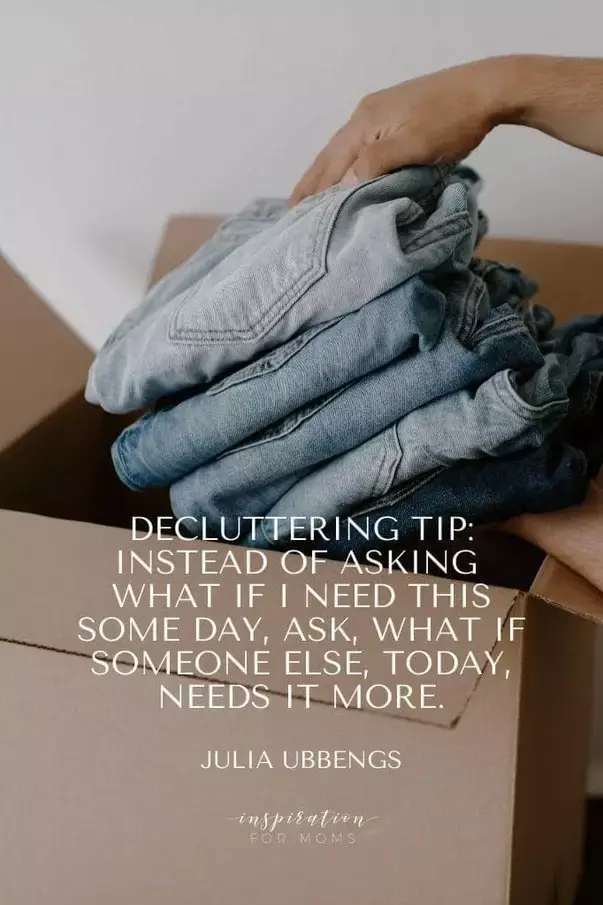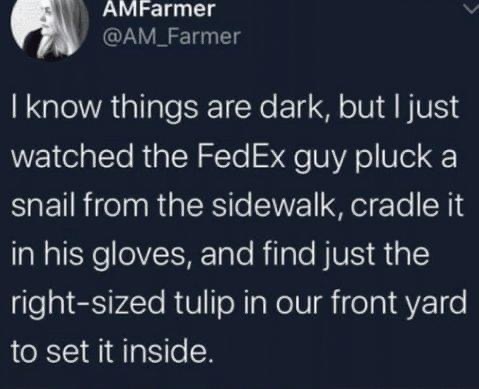Here, on this shortest day of the year, here are the lyrics from a Solstice song by Charlie Murphy.
Light is returning
Even though this is the darkest hour.
No one can hold back the dawn.
Let's keep it burning;
Let's keep the light of hope alive!
Make safe our journey through the storm.
One planet is turning
Circle on her path around the Sun.
Earth Mother is calling her children home.
To hear the music, CLICK HERE.
And, another offering...
Blessing for the Longest Night--by Jan Richardson, syndicated from adventdoor.com, Dec 23, 2020
All throughout these months
as the shadows
have lengthened,
this blessing has been
gathering itself,
making ready,
preparing for
this night.
It has practiced
walking in the dark,
traveling with
its eyes closed,
feeling its way
by memory
by touch
by the pull of the moon
even as it wanes.
So believe me
when I tell you
this blessing will
reach you
even if you
have not light enough
to read it;
it will find you
even though you cannot
see it coming.
You will know
the moment of its
arriving
by your release
of the breath
you have held
so long;
a loosening
of the clenching
in your hands,
of the clutch
around your heart;
a thinning
of the darkness
that had drawn itself
around you.
This blessing
does not mean
to take the night away
but it knows
its hidden roads,
knows the resting spots
along the path,
knows what it means
to travel
in the company
of a friend.
So when
this blessing comes,
take its hand.
Get up.
Set out on the road
you cannot see.
This is the night
when you can trust
that any direction
you go,
you will be walking
toward the dawn.
—Jan Richardson
from The Cure for Sorrow: A Book of Blessings for Times of Grief
 | There will be time enough for running. For rushing. For worrying. For pushing. For now, stay. Wait. Something is on the horizon.
--Jan Richardson |




















